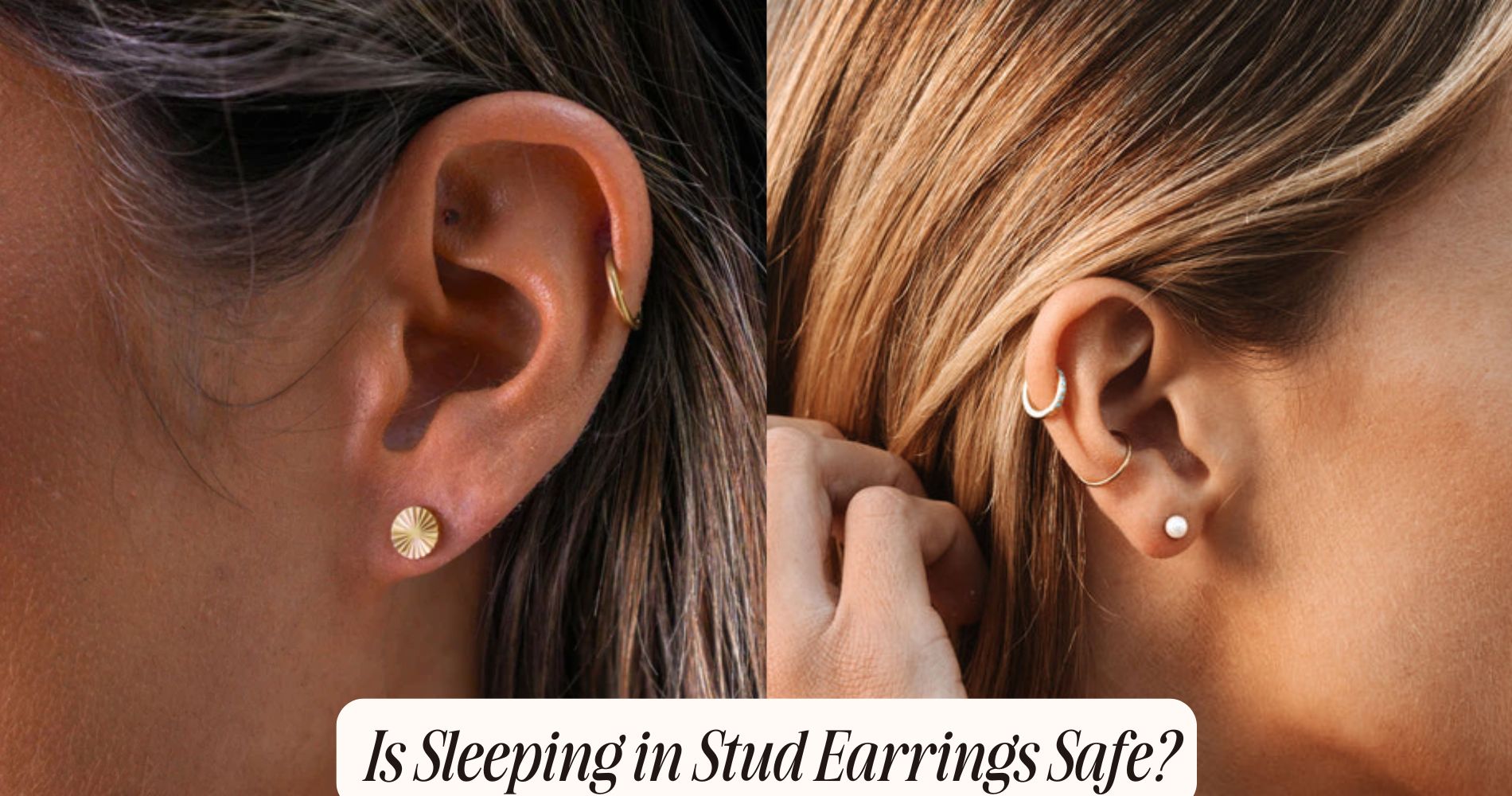
Is Sleeping in Stud Earrings Safe?
Sleeping in stud earrings can be safe if you choose the right materials and pay attention to comfort. Opt for hypoallergenic options like titanium or surgical stainless steel to minimize irritation. However, be mindful of infection risks and allergic reactions, especially if you're sensitive to certain metals. Regularly clean your earrings and check for signs of irritation, such as redness or discomfort. If you're a side sleeper, consider the earring design to avoid pressure points. You'll find that understanding and addressing these factors can help you enjoy wearing studs overnight without issues. Explore more about ensuring ideal safety and comfort with our Waterproof Earrings collection.
Understanding Stud Earrings
Stud earrings are small, often simple pieces of jewelry that sit snugly against the earlobe, making them a popular choice for daily wear. They come in a variety of earring designs, ranging from classic diamond studs to colorful gemstones and minimalist metal options. You can choose earrings that reflect your personal style or match your outfit, but it's crucial to take into account the material types used in these designs.
Common materials for stud earrings include gold, silver, platinum, and hypoallergenic options like surgical stainless steel or titanium. Each material has its pros and cons; for instance, gold is more durable and resistant to tarnishing, while hypoallergenic materials are ideal for sensitive skin.
When selecting your earrings, pay attention to the clasp mechanism as well—some designs feature push-backs, while others may use screw-on or friction backs, which can affect comfort and security.
Ultimately, understanding the earring designs and material types available will help you make an informed decision. Always opt for quality pieces that suit your lifestyle, as this will guarantee that you enjoy your stud earrings for years to come.
Benefits of Sleeping in Earrings
Wearing earrings while you sleep can offer several advantages, especially if you choose comfortable and secure stud designs. One significant benefit is the convenience of not having to put them on each morning. If you're someone who loves accessorizing, sleeping in stud earrings can save you time and help you avoid the hassle of daily wear.
Additionally, sleeping in stud earrings can enhance your sleep quality. When you're used to wearing them, having them in can provide a sense of comfort and familiarity, potentially making it easier for you to fall asleep. Some people even find that their earrings help alleviate nighttime anxiety, as they serve as a small reminder of your personal style.
Furthermore, if your ears are newly pierced, keeping stud earrings in while you sleep can promote proper healing. This minimizes the risk of irritation that might occur if you were to frequently take them in and out.
Just be sure to choose hypoallergenic materials to reduce any risk of allergic reactions. Overall, the right stud earrings can blend seamlessly into your nighttime routine, offering both practical benefits and comfort.
Risks of Overnight Wear
While the convenience of sleeping in earrings can be appealing, there are several risks to reflect upon. One significant concern is the increased likelihood of ear infections. When you wear earrings overnight, especially if they're not made from hypoallergenic materials, moisture and bacteria can accumulate around the earlobe. This environment is perfect for infections to develop, leading to pain, swelling, and even discharge.
Another risk involves skin allergies. If you have sensitive skin or are prone to allergic reactions, sleeping in earrings can exacerbate these issues. Materials like nickel, often found in costume jewelry, can trigger irritation or allergic dermatitis. You might wake up with redness, itching, or swelling around your piercings, and this discomfort can persist.
Moreover, prolonged wear can hinder the natural healing process of your ears, especially if they're newly pierced. It's crucial to evaluate these risks before deciding to sleep in your stud earrings.
Comfort Considerations
Finding the right balance between style and comfort is essential when considering overnight earring wear. You want to enjoy your earrings without sacrificing ear comfort.
Stud earrings, while often sleek and stylish, can create pressure points against your earlobe during sleep. If you're a side sleeper, this can lead to discomfort or even pain.
To enhance your comfort, consider the material of your studs. Lightweight materials, such as titanium or surgical steel, are less likely to cause irritation or pressure. Additionally, choosing flatter designs can minimize the risk of pressure points that can disrupt your sleep.
If you notice discomfort after wearing your studs overnight, it's wise to reassess your choice. Give your ears a break and opt for larger, softer earrings or even remove them altogether for a night.
If you're determined to keep your studs in, be mindful of how they feel while you sleep. Regularly check for any signs of soreness or irritation, and listen to your body.
Prioritizing ear comfort can guarantee that you enjoy your earrings without the downside of a restless night.
Hygiene and Care Tips
To keep your ears healthy, it's essential to establish a daily cleaning routine for your stud earrings.
Regularly wipe them down with a gentle cleanser to prevent buildup of dirt and bacteria.
Additionally, opting for hypoallergenic materials can greatly reduce the risk of irritation or allergic reactions.
Daily Cleaning Routine
Maintaining a daily cleaning routine for your stud earrings is essential for preventing infections and guaranteeing they remain in good condition. You should clean your earrings regularly, ideally every day, to remove any dirt, oil, or bacteria that may accumulate. A simple routine can keep your ears healthy and your jewelry looking its best.
Start by using a soft, lint-free cloth to wipe your earrings gently. This should be part of your cleaning frequency, as it removes surface grime.
For a deeper clean once a week, consider using a mild soap solution. Mix a few drops of gentle dish soap with warm water, then dip a clean, soft-bristled toothbrush into the solution. Carefully brush your earrings, paying special attention to any crevices.
After cleaning, rinse your earrings thoroughly under lukewarm water to eliminate any soap residue.
Product recommendations include using alcohol or hydrogen peroxide for disinfecting, but limit this to once a week to avoid damaging the material. Always guarantee your earrings are completely dry before putting them back in to minimize infection risk.
Following these steps will keep your stud earrings sparkling and your ears healthy.
Choosing Hypoallergenic Materials
When it comes to choosing hypoallergenic materials for your stud earrings, understanding the options available is vital for your ear health. Many people experience skin sensitivity to certain metals, which can lead to irritation or allergic reactions.
To avoid this, opt for hypoallergenic metals that are less likely to cause discomfort. Common choices include surgical stainless steel, titanium, and niobium.
Surgical stainless steel is durable and resistant to tarnishing, making it a popular option. Titanium is lightweight and biocompatible, meaning it's less likely to trigger skin sensitivity. Niobium is another excellent choice; it's non-reactive and comes in various colors without harmful coatings.
It's important to avoid metals like nickel, which is notorious for causing allergic reactions. When selecting your earrings, also consider the finish.
Verify that any plating is hypoallergenic and free from harmful substances.
Material Matters
Your choice of earring material plays an essential role in determining whether sleeping in stud earrings is safe. If you have metal allergies, opting for hypoallergenic materials can greatly reduce the risk of irritation.
Common hypoallergenic options include titanium, surgical stainless steel, and gold with a high purity level. These materials are less likely to cause reactions compared to other earring types, like those made from nickel or brass, which can trigger discomfort for sensitive individuals.
When selecting earrings, consider how long you'll wear them. If you plan to sleep in them, choose a durable and non-reactive material to minimize potential issues. Even if you don't have known metal allergies, prolonged contact with certain metals can lead to irritation over time.
It's also important to note that some earring types may be more prone to accumulating dirt and bacteria, especially if you sleep on your side. This can exacerbate any potential problems related to your earring material.
Thus, always prioritize quality and safety over aesthetics when deciding on stud earrings you'll wear overnight. Making the right choice can help keep your ears healthy and irritation-free.
Common Signs of Irritation
Even with the right materials, sleeping in stud earrings can still lead to irritation. You might notice some common signs that indicate your ears are reacting poorly to the earrings. One of the first symptoms is redness around the piercing site. This redness often signals inflammation, which can develop due to prolonged wear or sensitivity to the earring material.
Another sign of ear irritation is swelling. If your ears appear puffy or feel tender, it's important to remove the earrings immediately and give your ears some time to breathe.
Itching is also a common red flag; if you find yourself frequently scratching your ears, it may indicate an allergic reaction.
You might also experience discomfort or pain, which should never be ignored. If your earrings are causing persistent pain, it's a clear sign that they're not suitable for overnight wear.
In some cases, you might even notice discharge or a foul smell, which can indicate infection. Addressing these symptoms promptly is essential to prevent further complications.
Always pay attention to how your ears feel and respond accordingly to avoid serious issues related to ear irritation or allergic reactions.
Alternatives to Sleeping in Earrings
Many people seek alternatives to sleeping in earrings to avoid potential irritation and discomfort. If you're concerned about the safety of sleeping in your studs, there are several options to evaluate.
One popular alternative is clip-on earrings. These provide a secure fit without the need for a piercing, eliminating the risk of irritation from sleeping with metal against your skin. They come in various styles, allowing you to maintain your personal flair while ensuring comfort.
Another great choice is magnetic earrings. These adornments use magnets to hold the pieces in place, providing a stylish option for those who prefer not to wear traditional earrings overnight. They're lightweight and easy to put on and take off, making them a practical alternative for sleep.
When selecting any alternative, look for hypoallergenic materials to further reduce the risk of irritation.
It's important to prioritize your comfort, especially during sleep, so make sure to choose options that suit your lifestyle and preferences. By exploring these alternatives, you can enjoy the beauty of earrings without compromising your skin's health or comfort during the night.
Expert Recommendations
When it comes to expert recommendations on sleeping in stud earrings, professionals often emphasize the significance of material choice and earring design. To guarantee your safety and comfort, opt for hypoallergenic materials like surgical steel, titanium, or gold. These materials reduce the risk of irritation and allergic reactions, which can be exacerbated during sleep.
Many experts advise against wearing large or dangling earrings while you sleep, as they can cause discomfort or injury. Instead, choose small, flat studs that fit securely against your earlobe. This design minimizes the chances of snagging or getting caught in your hair or pillow.
Additionally, consider your personal hygiene. Regularly clean your earrings and earlobes to prevent infections, as bacteria can accumulate during nighttime wear.
Expert opinions also suggest removing your earrings if you experience any discomfort or notice redness around the piercing.
Frequently Asked Questions
Can I Sleep With New Stud Earrings Right After Getting Pierced?
You shouldn't sleep with new stud earrings right after getting pierced. Doing so can interfere with the healing process and increase infection risk. It's best to follow your piercer's advice for ideal healing and safety.
How Often Should I Change My Stud Earrings While Sleeping?
You should change your stud earrings regularly to maintain ear hygiene, especially during the healing process. Clean them gently, and avoid switching until your piercings are fully healed to prevent irritation or infection.
Are There Specific Stud Earring Styles Safer for Sleeping?
When considering earring design for sleeping, opt for flat-back studs made from hypoallergenic materials. These reduce irritation and pressure on your ears, promoting comfort while minimizing risks associated with certain metals or protruding designs.
What Should I Do if My Earring Gets Stuck in My Hair?
If your earring gets stuck in your hair, stay calm. Gently untangle your hair around the earring, avoiding force. Use hair care tips like conditioner to ease knots, then carefully remove the earring to prevent damage.
Can Sleeping in Earrings Affect My Sleep Quality?
Sleeping in earrings can impact your sleep quality. If they're uncomfortable, you might experience sleep disturbances. Consider removing your earrings before bed to guarantee better comfort and a more restful night's sleep.
Conclusion
To summarize, while sleeping in stud earrings can be convenient, it's crucial to weigh the benefits against potential risks. Always prioritize comfort and hygiene to minimize irritation or infection. Opt for hypoallergenic materials and keep an eye out for any signs of discomfort. If you experience irritation, consider removing your earrings before bed. Ultimately, listening to your body and following expert recommendations can help you enjoy your jewelry safely and comfortably.


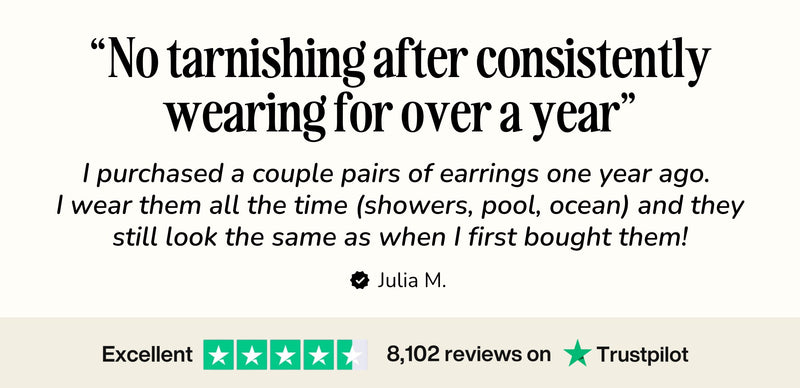








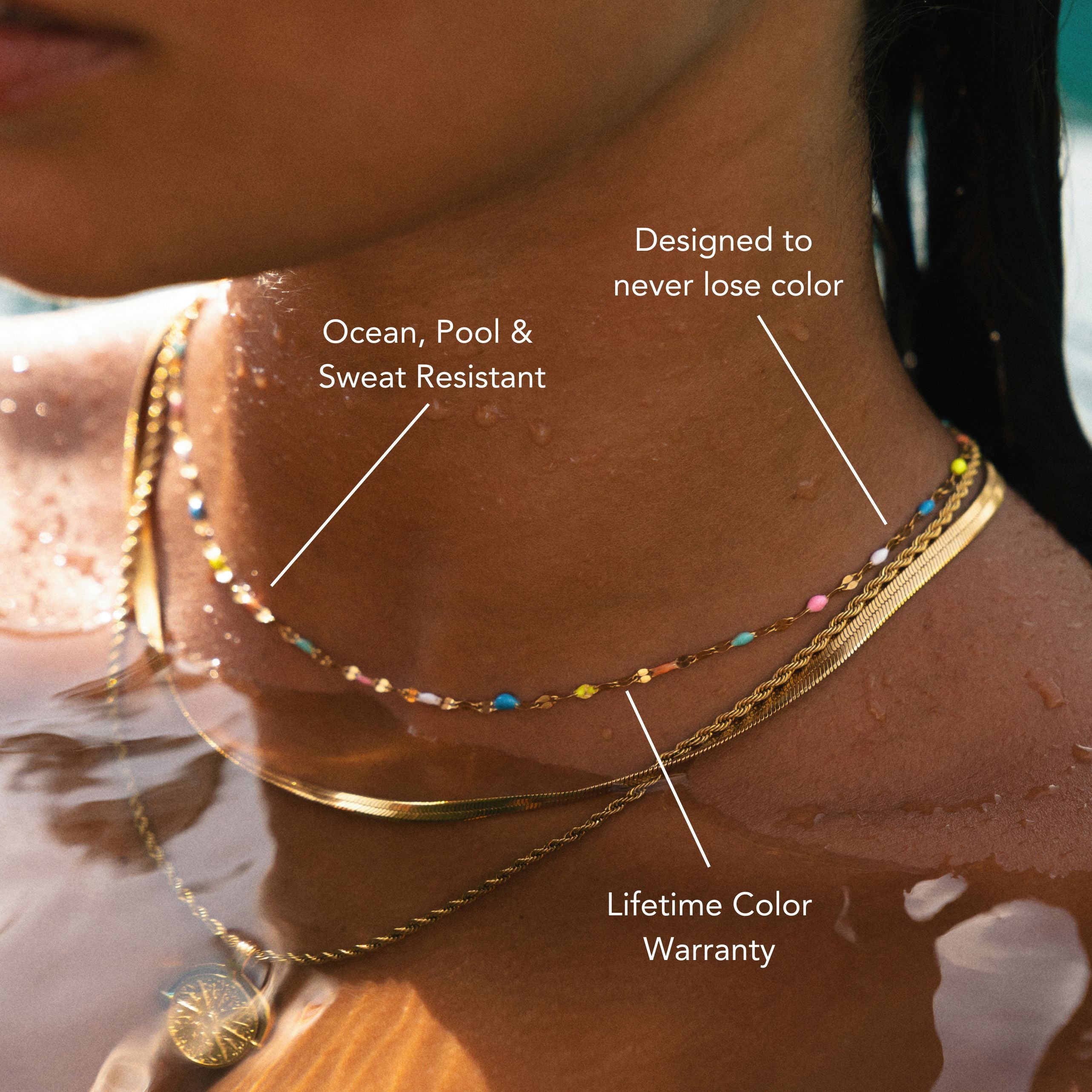
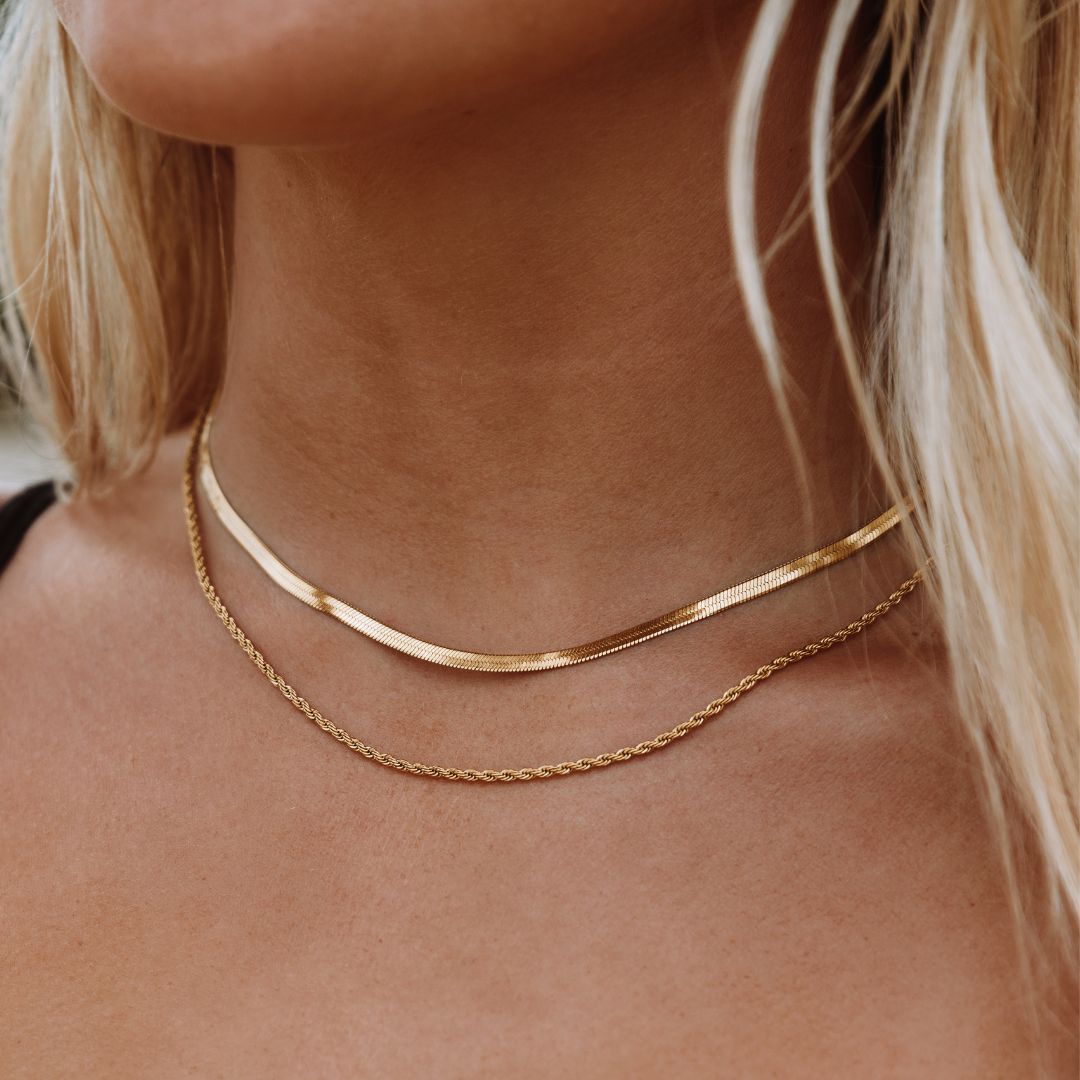



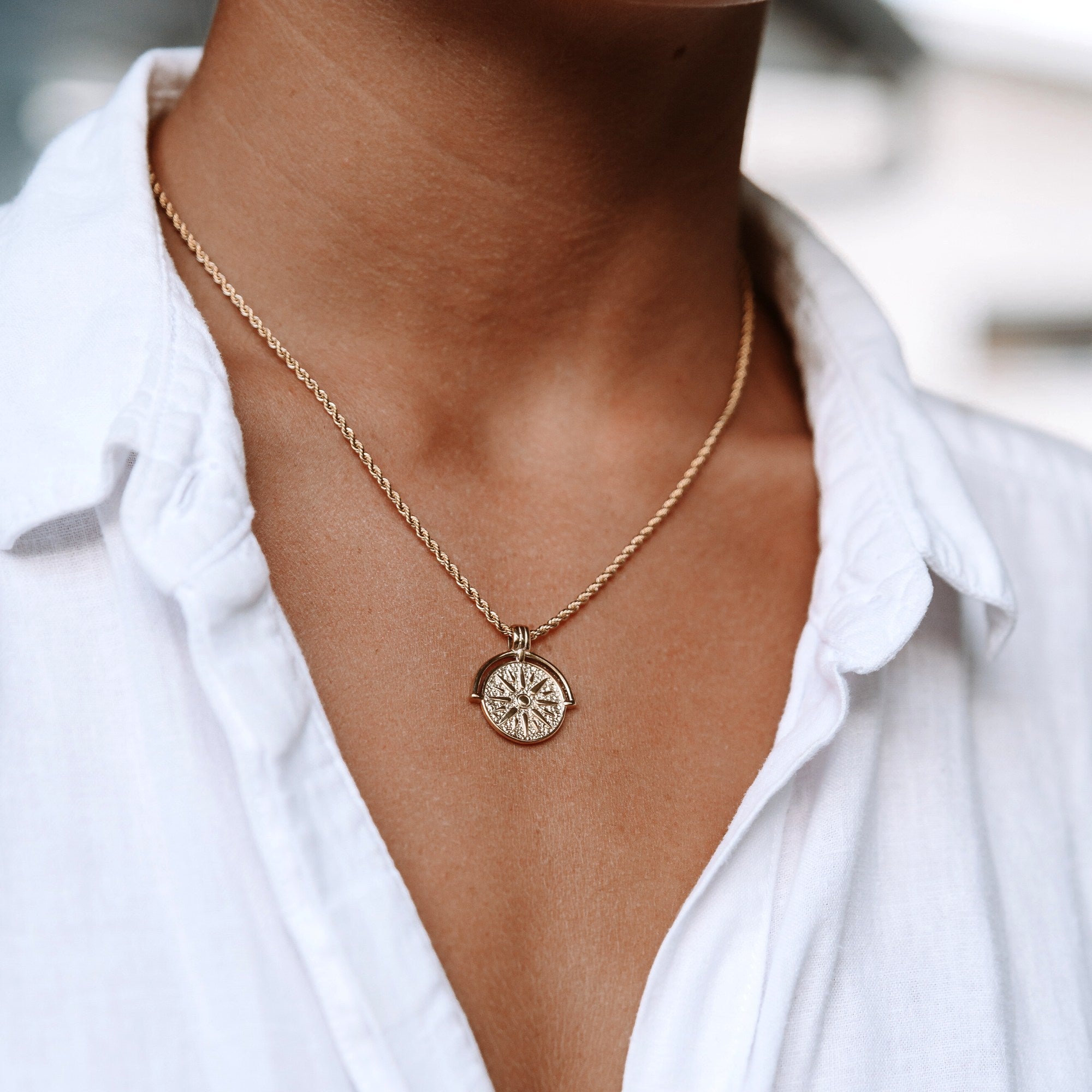

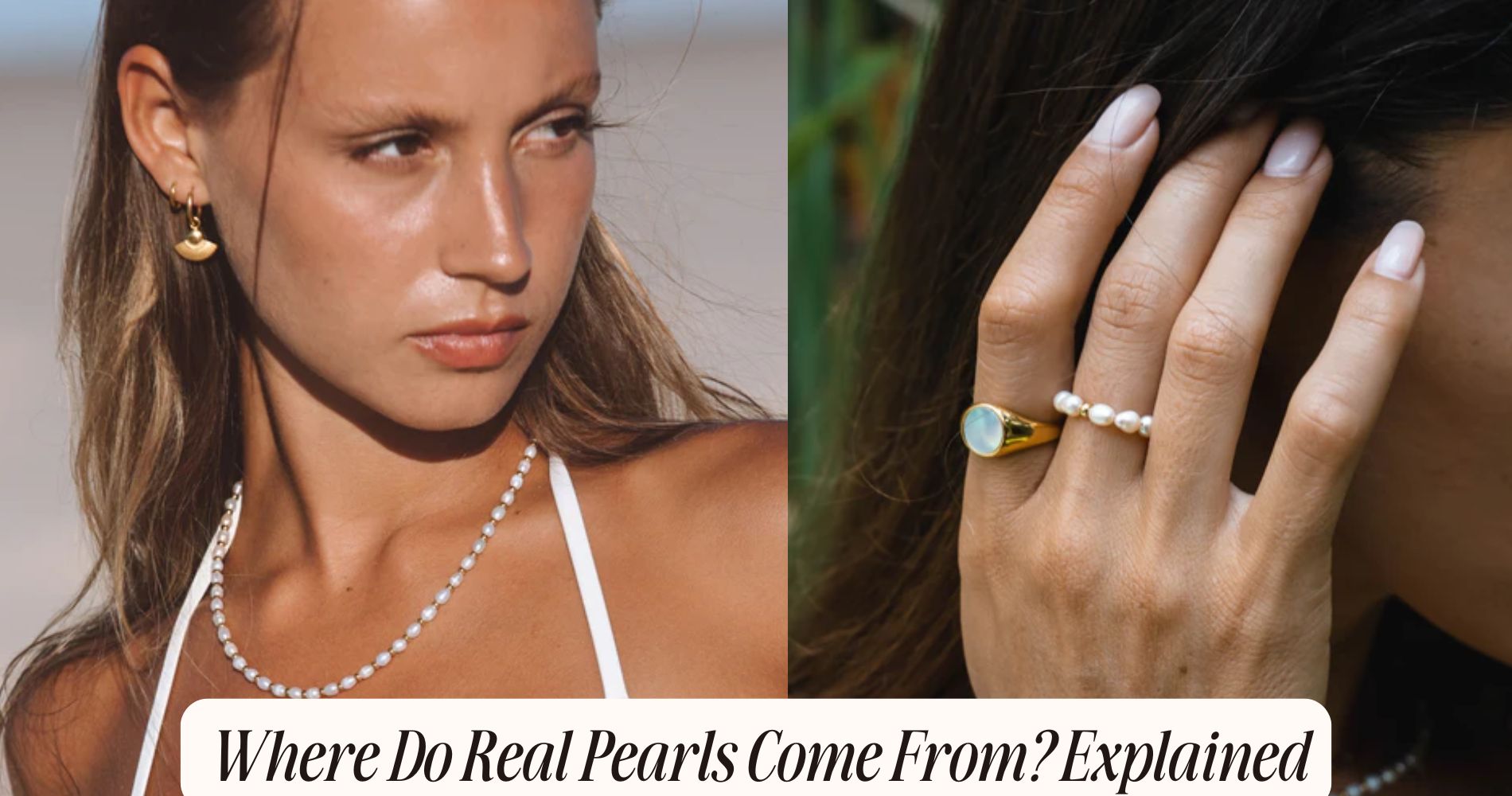
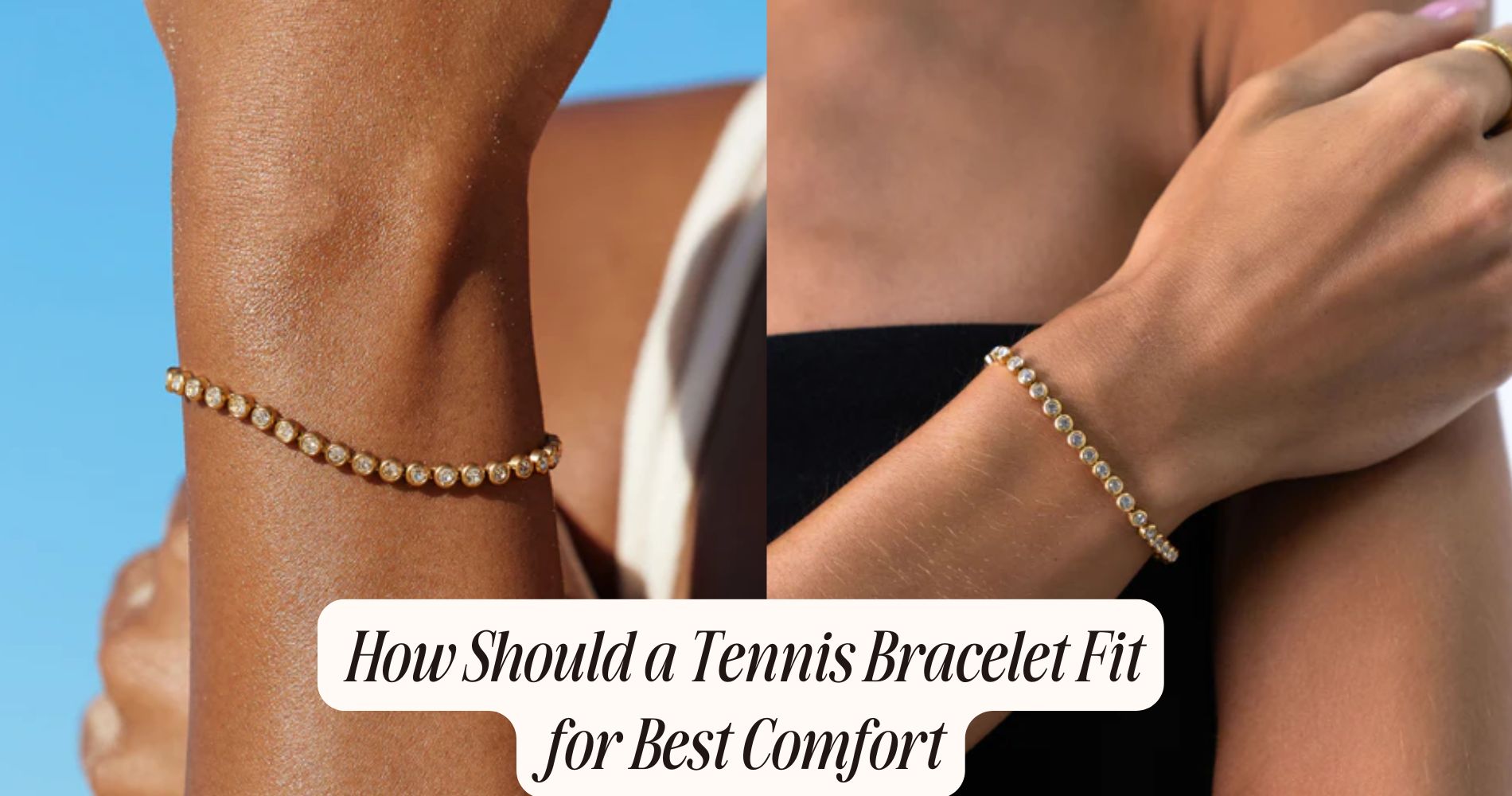




Leave a comment
This site is protected by hCaptcha and the hCaptcha Privacy Policy and Terms of Service apply.